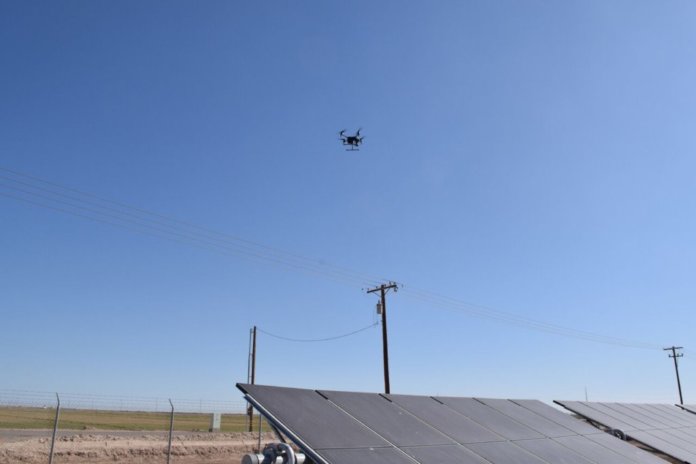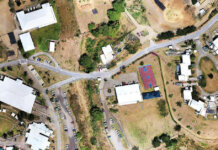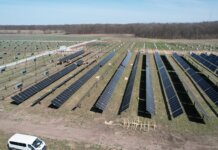Raptor Maps, a Boston-based software company providing drone solutions for solar companies, has reached an agreement with U.S. solar developer Cypress Creek Renewables.
Raptor Maps’ software will support the developer’s internal unmanned aircraft systems (UAS) team by providing data analytics and reports from PV plant inspections. The Cypress Creek UAS team expects to perform more than 300 drone inspections this year.
“We realized early on that a robust aerial thermography program was something we wanted to pursue,” says Kyle Cooper, vice president of operations and maintenance at Cypress Creek. “We started scanning sites in 2016 and in early 2017, ordering a fleet of drones and staffing a team of electrical engineers and qualified technicians to lead our reliability engineering program. We quickly found that combining technical analysis with boots on the ground resulted in improved facility performance and reduced O&M costs by minimizing truck rolls.”
The solar company has worked with Raptor Maps on a proof-of-concept pilot over the last several months. Cypress Creek has now decided to roll out the Raptor Maps solution on all solar inspections in 2019 and the following years. To date, Cypress Creek has more than 3 GW of solar deployed in more than a dozen states.
“This partnership allows our reliability engineering team to focus on inspections, repairs and analysis and leave the heavy lifting of reviewing thousands of images for anomalies to automation without measurable impacts to accuracy,” Cooper explains. “The partnership will lead to improved report turn-around time, more time devoted to inspections and repairs, and most importantly, improved facility performance for our customers.”
The software platform automates the review of infrared (thermal) and high-definition (digital color) images captured during a solar farm inspection by identifying and localizing anomalies impacting plant performance. Raptor Maps recently released a report outlining factors affecting solar production by using its data from nearly 2.9 GW of solar projects.




